The Mallorcan writer transforms himself into the protagonist in his latest book, Passes per Palma, and anticipates that in his next novel he will depict “Biel Mesquida’s war of 1936”
Virginia Servera. Palma | Photos: Jean Marie del Moral.
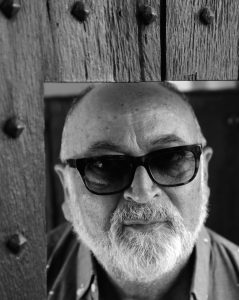
“Literature has made me live, it has saved me… it has been and still is a health source for me”, he says. Biel Mesquida’s passionate relationship with literature is irrefutable. The writer, biologist and “explorer of the impossible” – he also defines himself as such on social networks – says that it has made him “more perceptive, more awake and explore new perspectives. If I didn’t write, I wouldn’t think or live many of the things I’ve thought and lived,” he says.
Mesquida once again uses writing to narrate part of his universe in Passes per Palma, his most recent work. For the first time, he becomes a literary character and, using his grandmother Joana as a “sensitive guide”, he travels through what he describes as “the eternal city”, with a “joy and clarity” that – he insists – distance him from the nostalgia that is almost always present in memoirs books.
The personal experiences of his childhood and adolescence give shape to Passes per Palma, where “I organise my memories, sensations and ways of living and admiring Ciutat”, fleeing from the “postcard Palma”, he says. In his opinion, the Mallorcan capital has undergone a great transformation since the 1950s and 1960s, due to gentrification: “Palma is losing heritage at a dizzying speed”.
An endless career
The also founder and director of the Festival de Poesia de la Mediterrània, with which “poetry has been socialised”, he proclaims, plans to finish a novel (“carnage”, he specifies) in 2024 on “a very classic theme: the ‘uncivil’ war of 1936 in Mallorca. I want the war I tell about to be the war of Biel Mesquida; not the historical war, the one that appears in books, the one that has already been told…”, he says moments before labelling himself a “war writer and not a post-war writer”, alluding to his “permanent state of struggle”. Addressing the evolution of his work, Mesquida says: “I have always written unexpected, new things. For myself and for readers. Sometimes my literature is described as experimental precisely because of this, because no two books are alike.
Another of his personal projects that will see the light of day next year is Texturas, which will take place at the Fundació Antoni Tàpies and “will combine words, music, image and touch”.
Calm writing
Although he considers that literary production in Catalan is “at a very effervescent point”, the writer feels there is a lack of “more self-criticism” and distrusts those who publish two books every year: “Generally, they are writing machines. The great authors publish every three, four, five years. Writing requires slowness, time, letting it rest, going back, correcting, correcting again,” he says.

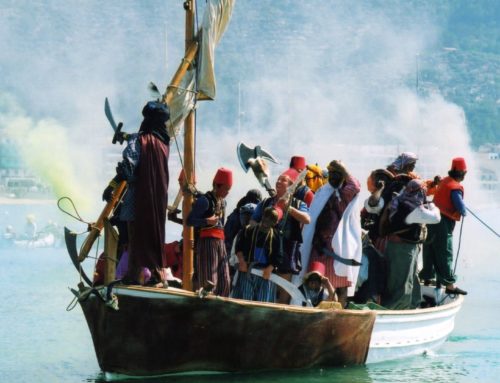
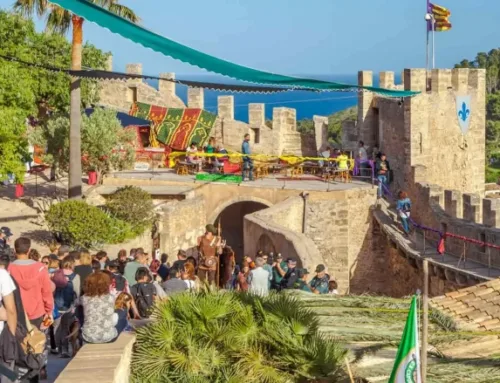
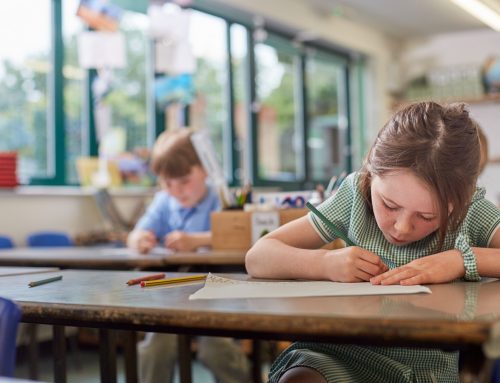
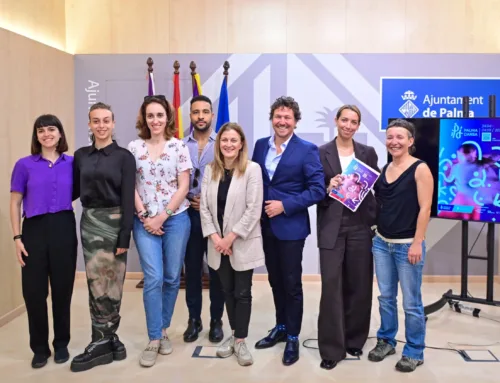
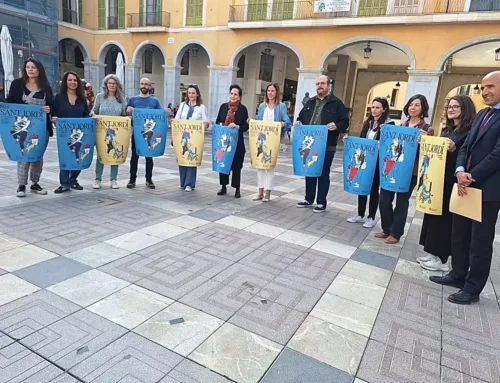

Leave A Comment